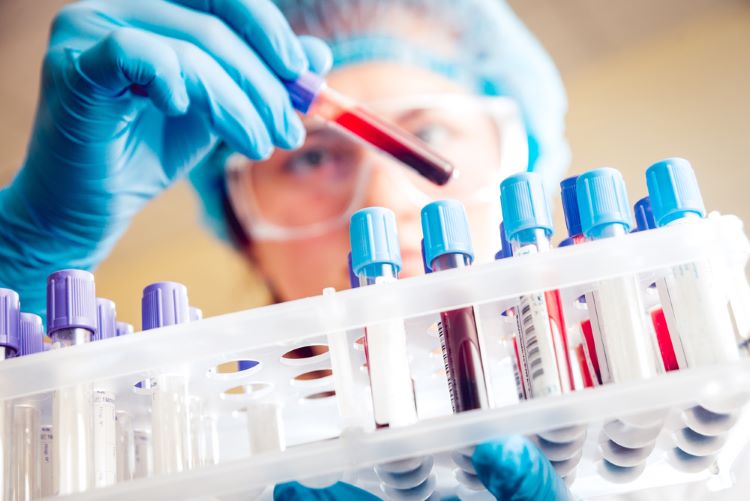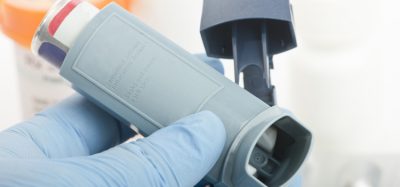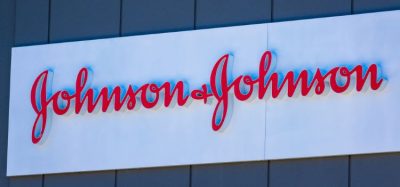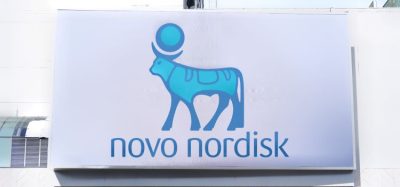Gilead and MacroGenics to develop bispecific cancer antibodies
A collaboration agreement between Gilead and biopharma company MacroGenics aims to develop MGD024, a bispecific antibody for treatment of blood cancers.
According to a new exclusive option and collaboration agreement between Gilead Sciences, Inc. and MacroGenics, Gilead will use MacroGenics’ DART® platform to develop MGD024, a potential therapy for blood cancers.
MGD024 is a bispecific antibody that binds CD123 and CD3, a component designed to reduce CRS, a potentially fatal condition, while enhancing the intensity of antitumour activity with a longer half-life to allow dosing to be intermittent.
Under the deal, Gilead will pay MacroGenics an initial $60 million. MacroGenics will be entitled up to $1.7 billion in target nomination, option fees and development, regulatory and commercial milestones related to developing treatments for cancers such as acute myeloid leukaemia (AML) and myelodysplastic syndromes (MDS).
Both companies also plan to work together on two bispecific research programmes in the future.
Dr Scott Koenig, President and CEO of MacroGenics explained, “Advancing our bispecific DART molecule MGD024, through our collaboration with Gilead will accelerate our ability to drive further development of MGD024….”
Dr Bill Grossman, Senior Vice President of Oncology Clinical Development at Gilead Sciences commented: “We believe MGD024’s potential to reduce cytokine-release syndrome (CRS) and permit intermittent dosing through a longer half-life, could translate to more patient-friendly dosing and enhanced clinical outcomes for people living with AML and MDS. This partnership is the latest in our efforts to develop and advance transformative new cancer therapies.”
MacroGenics will continue to run an ongoing MGD024 Phase I study. The study will involve dose escalation and an expansion segment that will assess MGD024 as a potential stand-alone treatment and as part of a combination therapy. Under the agreement, Gilead may choose to license it and MacroGenics could receive royalties from the two research programmes.
Related topics
Anti-Cancer Therapeutics, Big Pharma, Biologics, Biopharmaceuticals, Bioproduction, business news, Clinical Development, Clinical Trials, Dosage, Drug Development, Drug Manufacturing, Immunotherapy, Technology, Therapeutics










